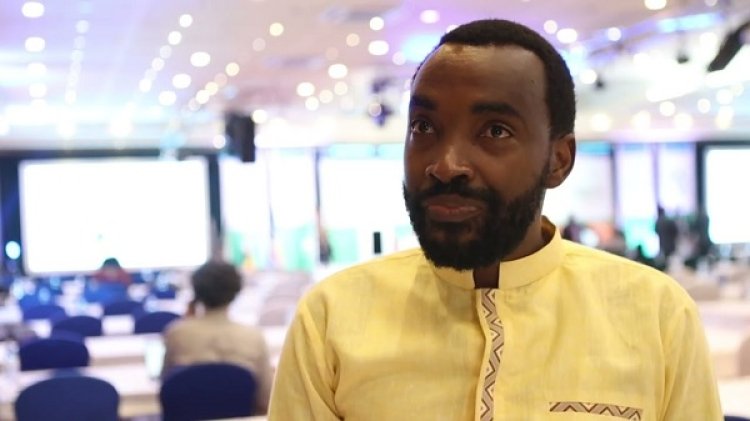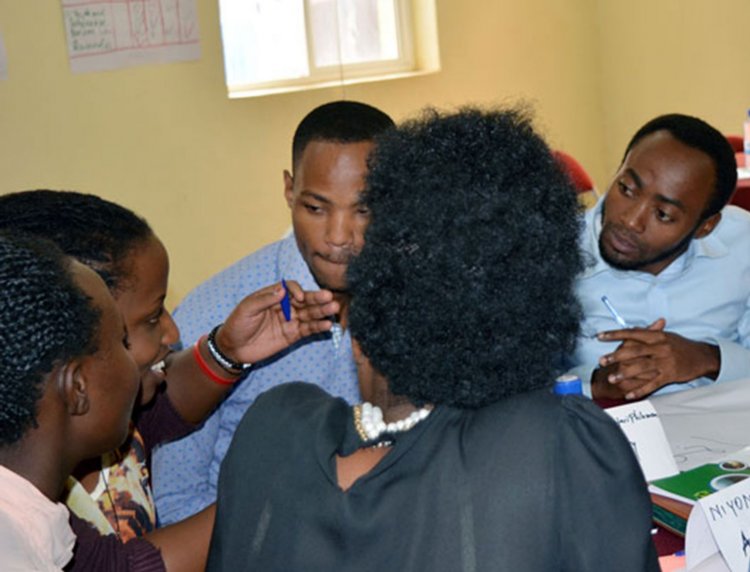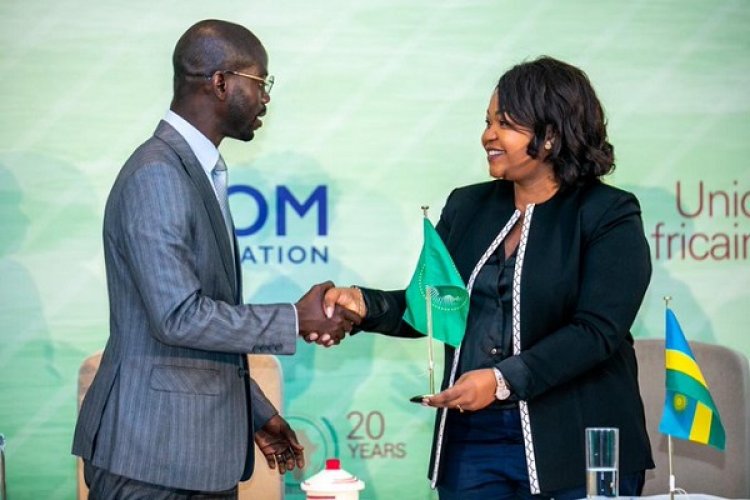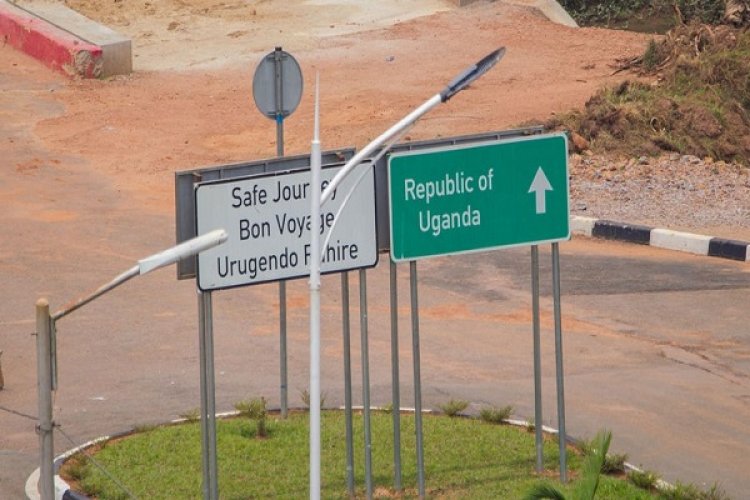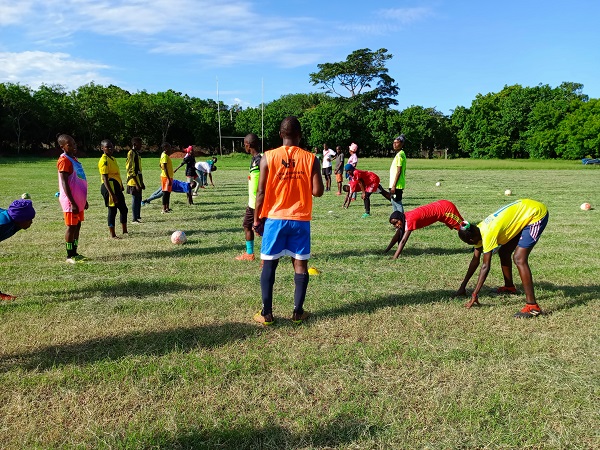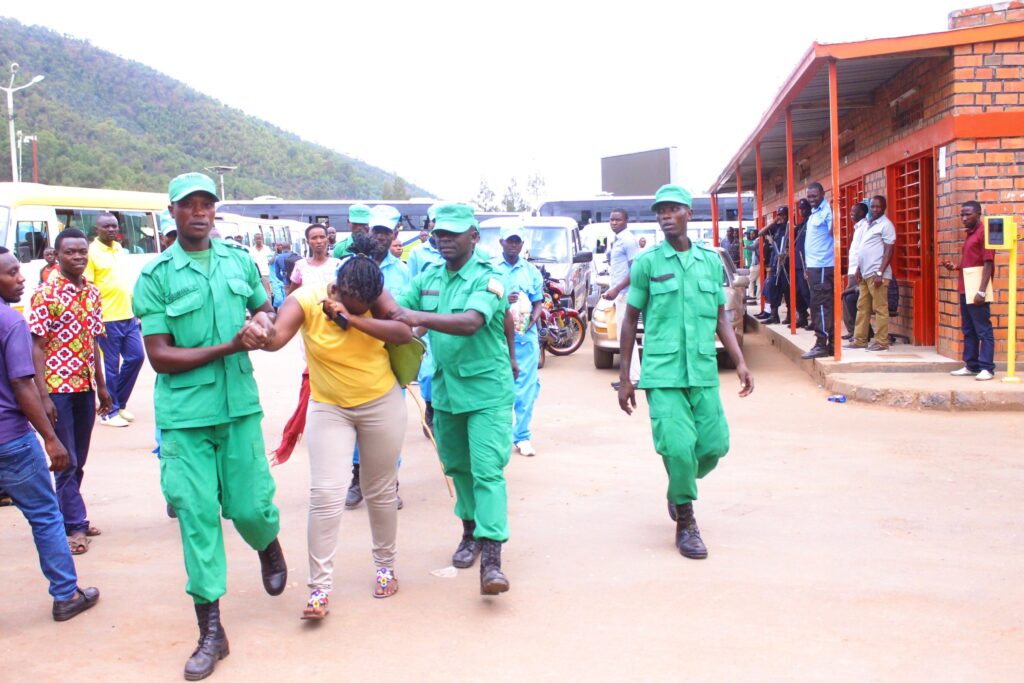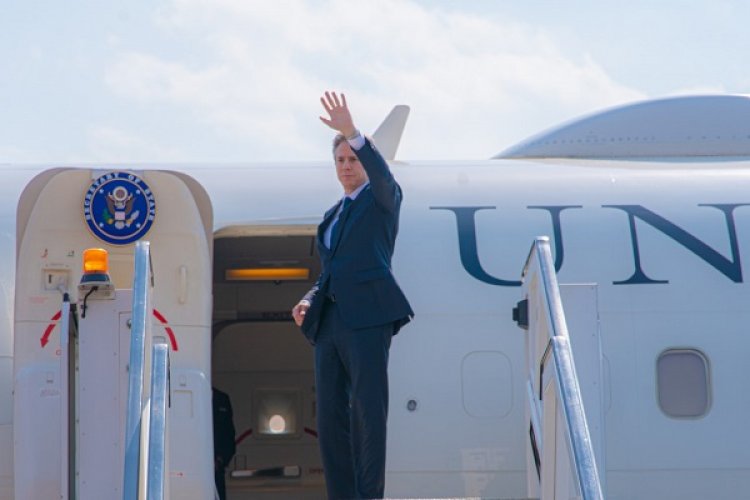Issues arising from poor land governance such as land disputes and conflicts could be pushing regions of Africa further into the climate chaos, and this preoccupies activists at International Land Coalition (ILC) who have been demanding that land tenure security be at the center of ongoing climate negotiations.
ILC is a global alliance of civil society and intergovernmental organizations working to secure and protect land rights for the most vulnerable people across the globe.
NewsPaper Africa’s Johnson Kanamugire caught up with the organisation’s Africa Regional Coordinator Mr. Audace Kubwimana at the recently concluded inaugural Africa Climate Summit.
The land tenure security issues, he said, have not gained the attention they deserve and they should feature prominently in deliberations leading up to the United Nations climate negotiations (COP28) in November. He spoke at length about this and other issues at one of the summit side events which explored role of land use and governance in climate resilience.
In this interview, he shares how better land governance could instill into people and communities drive to take climate action, effectively helping to avert effects of climate change.
Below are excerpts
—————-
Your view is that if Governments in Africa don’t pay attention to issues pertaining to land tenure security it will be hard to tackle the climate crisis. How do you link the two?
In my view it won’t be just hard, it will be impossible to achieve sustainable solution to climate change if secure land rights is not taken care of.
Let me give you an example with tree planting which is very common measure of dealing with climate change: if you plant trees in a land whose ownership is clarified, you can be sure that the trees will grow and the forest will be taken care of.
If the land ownership is disputed, the trees will not be there tomorrow because no one will take care of them. So, secure land rights are at the centre of the fight against climate change.
We have been doing exercises where we give households tree seedlings and don’t tell them what to do, we just observed… and what we have seen is that they planted the trees only in lands that are not in disputes. Where land was in dispute, they wouldn’t plant the trees there.
Also read: Landless farmers: Rwanda’s agriculture conundrum
That means that the more you clarify land issues the more you succeed in land protection and restoration. The difference will be very big compared with the case where you are dealing with people whose land rights are not clarified or are in disputes.
What is at stake if the land governance aspect is left out in ongoing plans to tackle the climate crisis?
There is a very close relationship between poor land governance and worsening climate change, and everything, or most of the things we do or develop happen on land. So if we don’t get it clear how land ownership is managed, there will always be problems.
If you look at most of the conflicts that we have across the continent, they are not far from being land based conflicts, and you cannot handle climate change when you are in a security crisis. It’s not possible.
So, effects of poor land governance will exacerbate climate change, including security issues that result from poor land governance.

From your assessment, what’s the status of land governance in countries across Africa? Where do you see gaps?
I travel across Africa and I have impression that our leaders don’t prioritise land governance, and it’s a pity because it’s the basis for sustainable development, and that is why we are missing on so many sustainable development parameters.
Africa gets it wrong when it comes to prioritizing. If we prioritized what’s for the people we would prioritise land governance because it also brings about food security, it’s land governance that brings about livelihoods for the people in Africa.
And I think that countries that are doing well in terms of land tenure are the same doing well in dealing with climate change.
Everything, or most of the things we do or develop happen on land. So if we don’t get it clear how land ownership is managed, there will always be problems.
Audace Kubwimana, Africa Regional Coordinator, International Land Coalition (ILC)
Are you able to point out best practices on the continent? Which land policy models could Governments emulate?
There good cases, Rwanda is one of them in terms of land policy and documenting the ownership because in so many countries there is nothing like documented land rights.
Rwanda is one of very few countries that have documented land rights on each and every land parcel. Kenya equally has a good land policy recognizing traditional legitimate land rights in some counties, and now we have a community land act whereby community owning land can get that land registered, recognized and protected by the law.
However, the thing is, and it’s an issues across the continent, having a good policy is one thing and implementation is another thing, and implementation is where Rwanda is still struggling because I hear a lot of land conflicts.
Also read: Kigali slums likely to vanish just like that… No demolitions
Kenya, too, has had the land act for the last seven years, but the implementation is lacking. There is implementation challenge.
As ILC, we’ve seen a huge gap between land policy formulation and implementation in many countries, and our new strategy for 2023-2030 is focusing on supporting the implementation because we have been focusing on policy formulation and we realized a huge gap when it comes to implementing those policies.
There are also countries with no land policy, and for them you cannot even talk about implementation.
~ BIO: Audace Kubwimana, an agriculture scientist, joined International Land Coalition in June 2017. He previously served in different positions at Welthungerhilfe in Rwanda, including serving as its Country Representative and Programmes Lead.

